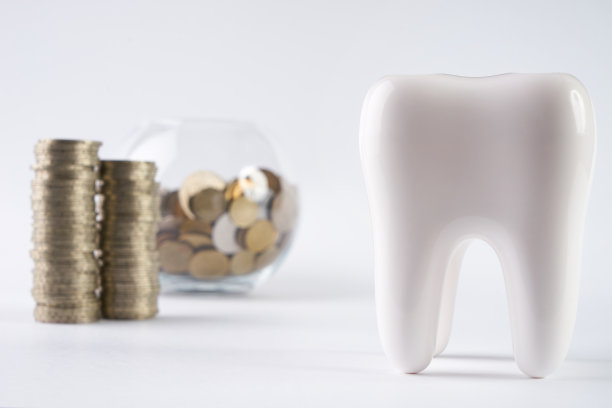Essential Tips and Precautions to Consider Before Getting a Dental Filling for Optimal Oral Health and Comfort
Summary: Dental fillings are essential for restoring teeth affected by decay or damage. However, there are several important considerations and precautions that individuals should take into account before undergoing this procedure. Knowing what to expect, understanding the types of materials used, discussing your medical history with your dentist, and maintaining good oral hygiene post-filling are crucial for optimal oral health and comfort. This article aims to provide essential tips and precautions to enhance your dental experience and ensure the longevity of your fillings.
1. Understanding Dental Filling Materials

Before getting a dental filling, its important to understand the different materials available. Common options include amalgam, composite resin, glass ionomer, and porcelain. Each material has its own set of benefits and drawbacks, which can significantly influence your decision. For example, amalgam is durable and cost-effective, making it an excellent choice for back teeth. However, it is silver-colored, which some patients may find unappealing.
Composite resin, on the other hand, is tooth-colored, allowing for a more natural appearance. It’s ideal for front teeth or visible areas, but it may not be as durable as amalgam in high-pressure areas. Understanding these options can help you express your preferences to your dentist, ensuring you select the best material based on your lifestyle and aesthetic desires.
Lastly, be aware that some materials may cause allergic reactions in certain individuals. Discuss any known allergies with your dentist beforehand to avoid any complications during the procedure.
2. Communicating with Your Dentist
Prior to your filling appointment, effective communication with your dentist is vital. You should inform them about your complete medical history, including any medications you are currently taking, allergies, and previous dental experiences. This information can guide the dentist in recommending the best filling material and technique for your needs.
Moreover, don’t hesitate to ask questions. Clarify the procedure, potential risks, and any alternative treatments that might suit your needs better. Understanding the process can alleviate anxiety and help you feel more in control of your dental care.
Be sure to discuss any concerns about pain management as well. Your dentist can provide various options to ensure your comfort, from local anesthetics to sedation dentistry, depending on the complexity of your filling procedure.
3. Preparing for the Dental Procedure
Preparation can make a significant difference in your overall experience when getting a dental filling. Start by ensuring you are well-rested before your appointment. Anxiety can be counterproductive, and a good night’s sleep can help you feel more relaxed. Additionally, consider bringing a friend or family member for support, especially if you’re anxious about the procedure.
On the day of your appointment, avoid consuming food or drinks a few hours prior, particularly if you are considering sedation. Having an empty stomach can help minimize the risk of nausea and discomfort during the procedure.
Lastly, set realistic expectations. It’s common to experience some discomfort or sensitivity after the filling is placed. Understanding this ahead of time can help you remain calm and manage any discomfort effectively post-appointment.
4. Post-Filling Care for Longevity
Once your dental filling is complete, aftercare is crucial to ensure the longevity of the filling and your overall oral health. Initially, avoid chewing on the side of the mouth that has been filled for at least 24 hours. This allows the filling to set properly and reduces the risk of dislodgement.
Maintaining excellent oral hygiene is also essential. Brush your teeth at least twice a day and floss daily to keep the area around the filling clean. Regular dental check-ups are crucial, as your dentist can monitor the condition of the filling and surrounding tooth structure.
Be mindful of your diet as well. Avoid sticky or hard foods that could potentially dislodge or damage the filling. Incorporating a balanced diet can promote overall dental health, further preventing future cavities and the need for additional fillings.
Summary:
Dental fillings are vital for maintaining oral health, but careful consideration and preparation are essential. By understanding the types of materials, effectively communicating with your dentist, preparing adequately for the procedure, and practicing good aftercare, you can enhance your comfort and ensure the longevity of your fillings. Taking these essential tips to heart will not only improve your dental visit experience but also contribute to long-term oral health maintenance.
This article is compiled by Vickong Dental and the content is for reference only



